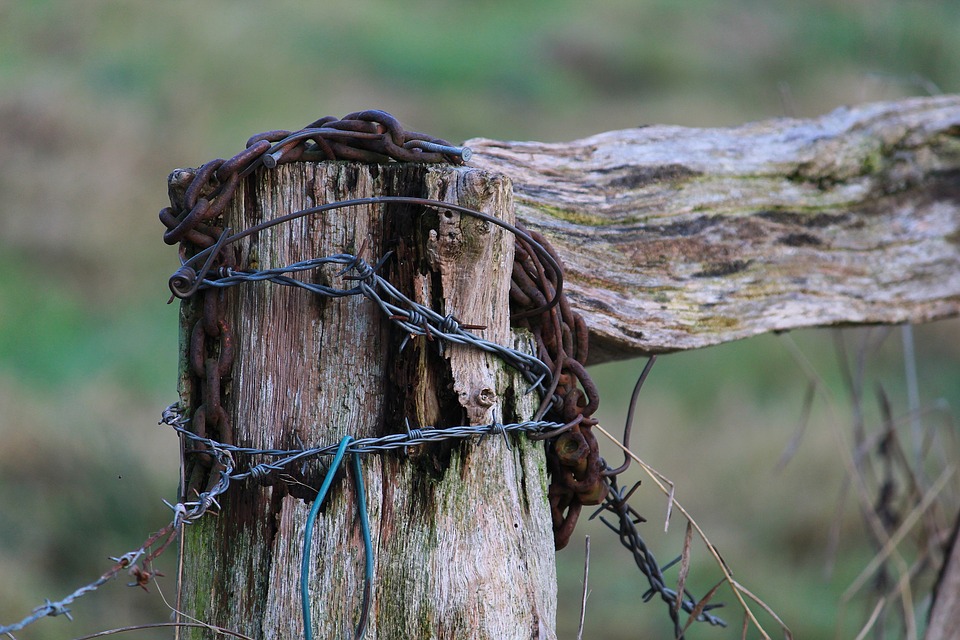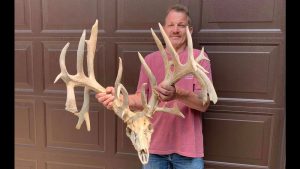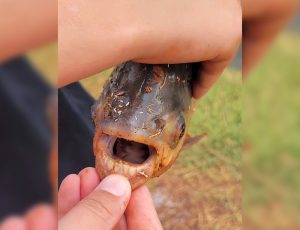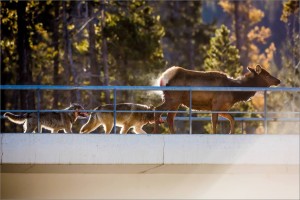With much of the spotlight being placed as of late on captive deer breeding facilities around the country, lawmakers in Wisconsin are ramping up their efforts to contain the disease on these types of farms with a history of chronic wasting disease.
Sponsors of LRB 2277, Nick Milroy (D-South Range) and Dana Wachs (D-Eau Claire) say the bill was created to prevent the escape of captive animals such as deer and has aptly been referred to as the “Save Our Deer Act.”
“The goal is to prevent escapes of captive animals and to protect our wild deer herd,” Wachs told the Wisconsin State Farmer. “Containment is the first step. Farm-raised deer can easily pass CWD through a single fence.”
The proposed legislation would require either double fences or electric fencing to be placed around the borders of all CWD-positive captive cervid breeding facilities. Currently speaking, the laws in the state of Wisconsin only require single fencing on all breeding facilities, including those with a history of the disease.
The sponsors believe that the new regulations would fill the gaps in existing legislation affecting the state’s 387 deer farms, and would slow the disease which now resides within 43 of the state’s 72 counties.
“We owe it to the people of Wisconsin, not just hunters, to do everything we can to slow the spread of CWD,” Milroy said. “Hunting is a time-honored tradition and a major industry in Wisconsin; without a healthy deer herd our hunting heritage and economy are in jeopardy.”
In addition to double fencing or electric fencing, the bill would also require captive deer farmers to install an electronic monitoring device on the gate at deer farms and would increase the frequency of fence testing by the Department of Natural Resources to once every two years. The current regulations require testing just once every 10 years.
Despite having the support of the Wisconsin Wildlife Federation, the Wisconsin Conservation Congress and Whitetails Unlimited, not one Republican legislator has crossed the aisle in support of the bill.
“Deer hunting is an important tradition in Wisconsin and it contributes over $1 billion to our economy per year,” Wachs said. “We must do what we can to ensure that this tradition continues.”




